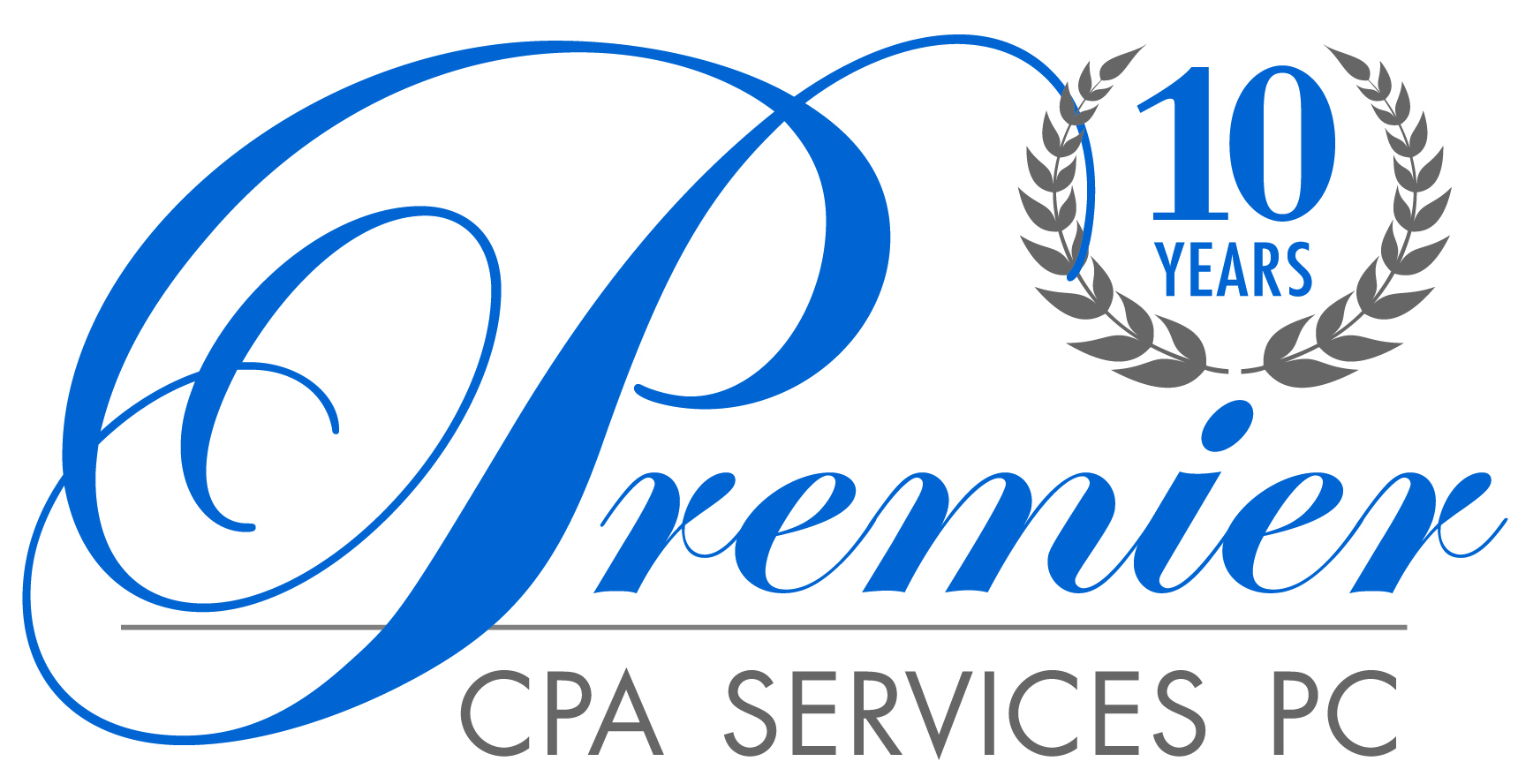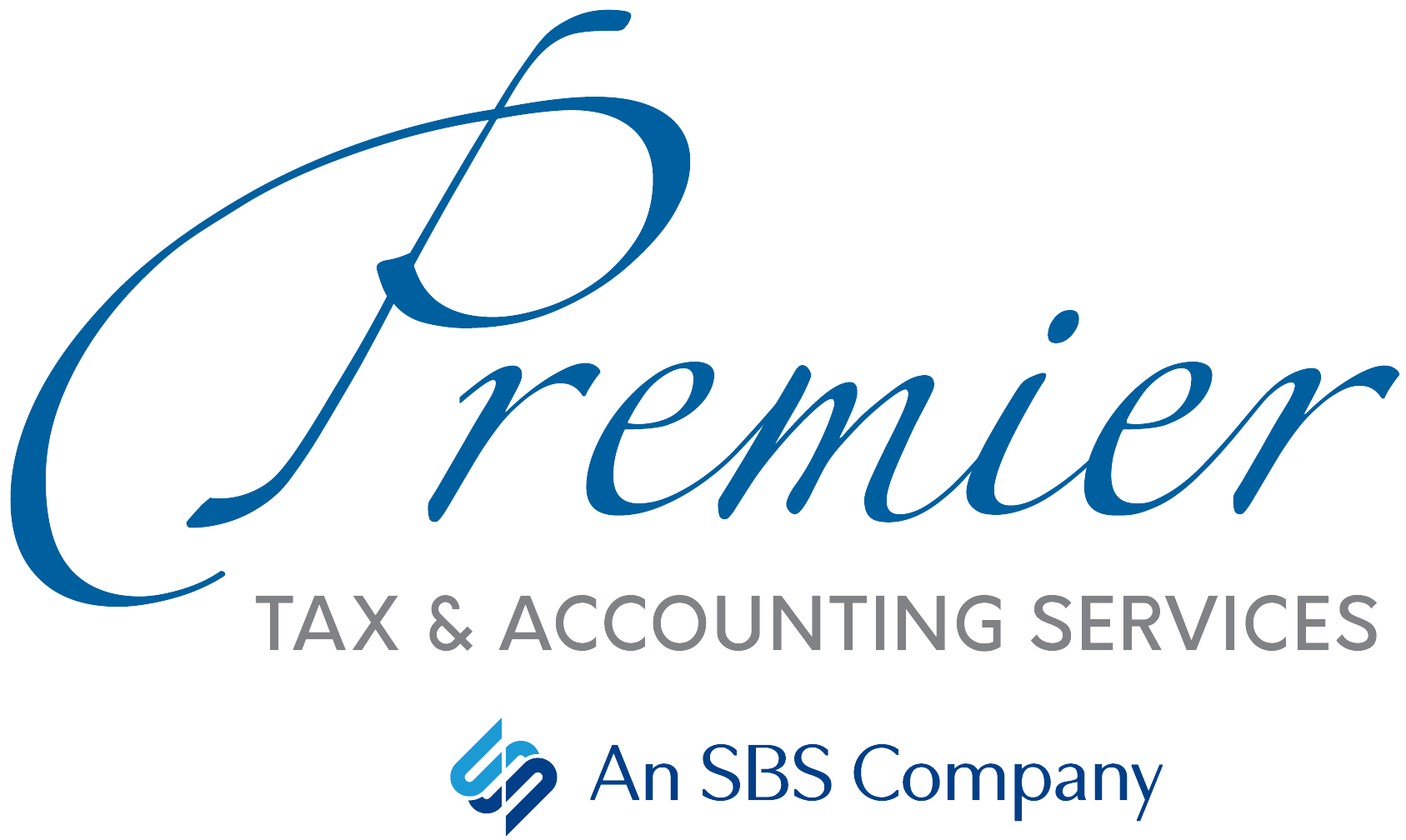We’re still getting questions from some folks about the Advance Child Tax Credit that they are receiving. Read below for some answers to common questions we’ve received.
Q: What is it?
A: The Advance Child Tax Credit provides you with an ADVANCE payment of the child tax credit you can claim on your 2021 tax return (filed in early 2022). It is not extra money provided by the government, but rather just an advance of the amount you would typically receive as part of your refund next year.
Q: How is this different than the previous Child Tax Credit?
A: Previously, you had to wait until you filed your tax return to receive the credit. This year, as part of COVID-19 tax law changes, you may receive the credit in monthly payments from July through December. What’s more, the amount has been increased for 2021 only to $3,600 for children under age 6 and to $3,000 for children between 6 and 17.
Q: Who qualifies?
A: You may receive these payments if your dependent child, stepchild, foster child, sibling or other dependent relative does not turn 18 before January 1, 2022, and also:
- Does not provide more than half of his or her own support during 2021.
- Lives with you for more than half of tax year 2021.
- Is a U.S. citizen, U.S. national, or U.S. resident alien.
Q: Can I stop the payments?
A: Yes. If you don’t want to receive the monthly Advance Child Tax Credit payments because you would rather claim the full credit when you file your 2021 tax return, or because you will not be eligible for the credit, you can unenroll through the Child Tax Credit Update Portal. (Note: If you are married and file jointly, BOTH you and your spouse must unenroll individually.)
Q: Will receiving the Advance Child Tax Credit payments affect my other government benefits?
A: No. These payments cannot be counted as income to determine if you are eligible for benefits or assistance, or how much you can receive under any federal, state or local program.
Q: Are the Advance Child Tax Credit payments taxable?
A: No. Because these payments are an advance on your 2021 child tax credit, they are not income and will not be reported as income on your 2021 tax return. However, the total amount of payments you receive is based on the IRS’s estimate of your 2021 child tax credit (generally using information from your previous tax returns). If you receive more in payment than you are eligible to claim on your tax return, you may have to repay the excess amount.
More Questions? Ask Us!
If you have additional questions about the Advance Child Tax Credit, don’t hesitate to contact us. We’ll be happy to help you work through the details. You may also check the IRS’s website for more details.

May 31 was our 10-Year Anniversary! To celebrate, we will be offering some great giveaways to our clients and Facebook friends. Be sure to follow us and stay tuned!
IRS Issues ERC Safe Harbor
The IRS issued a safe harbor allowing employers to exclude certain amounts from their gross receipts solely for determining eligibility for the Employee Retention Credit (ERC). As an employer, you can elect to apply the safe harbor by excluding these amounts to determine whether you are an eligible employer for a calendar. These amounts include:
- The amount of the forgiveness of a Paycheck Protection Program (PPP) Loan;
- Shuttered Venue Operators Grants under the Economic Aid to Hard-Hit Small Businesses, Non-Profits, and Venues Act; and
- Restaurant Revitalization Grants under the American Rescue Plan Act of 2021.
You are not required to apply this safe harbor, but may do so on your employment tax return (Form 941 or Form 941-X). If you have questions about the ERC, just give us a call at 706-632-7850.
Social Security 2020 Annual Report
Last year, Social Security paid benefits of $1.096 trillion to approximately 65 million beneficiaries. Meanwhile, an estimated 175 million people paid into Social Security through payroll taxes.
However, the Social Security Administration projects its total annual costs in 2021 will exceed its total annual income for the first time since 1982. And if Congress does not act soon, trust fund reserves will be depleted:
- Old-Age and Survivors Insurance (OASI) will be depleted in 2033, with 76% of benefits payable at that time.
- Disability Insurance (DI) Trust Fund will be depleted in 2057, with 91% of benefits still payable.
Video Tax Tip
The IRS Small Business Tax Workshop is a series of online training videos covering tax topics for new and established small business owners.



